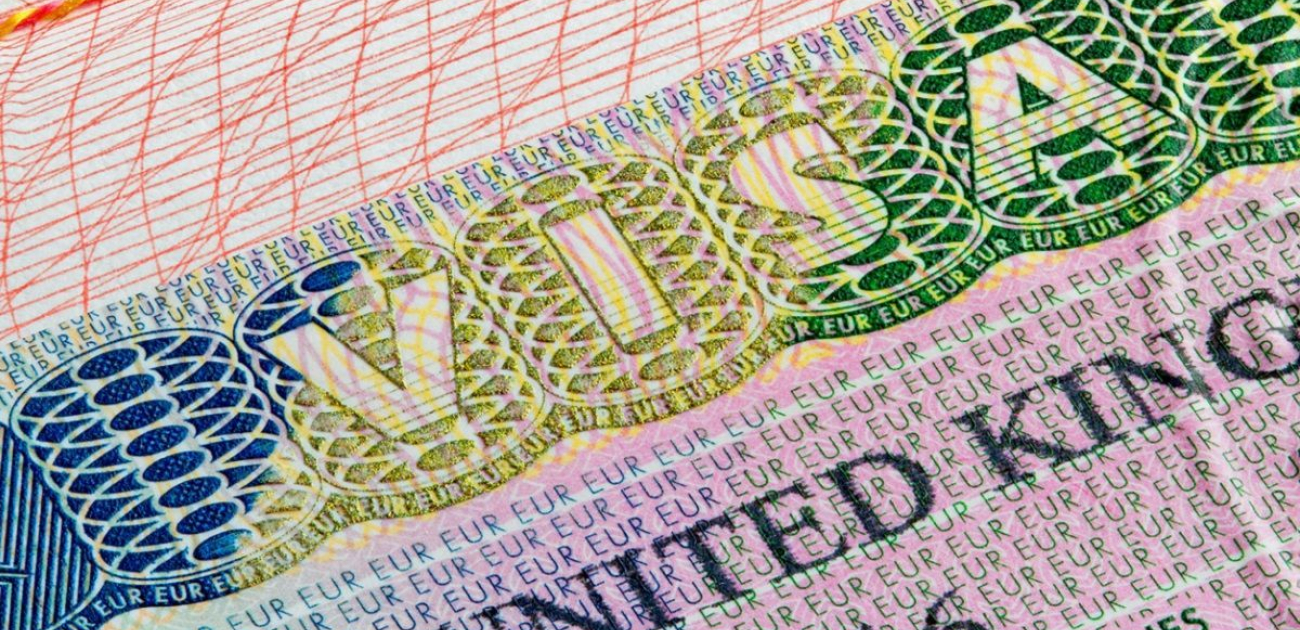What Is Happening With The Tier 1 Entrepreneur Visa?
On 6 December 2018 the Immigration Minister, Caroline Noakes, announced:
‘We are announcing…a new Innovator route, for more experienced business people. This will replace the current Tier 1 (Entrepreneur) route and have a similar emphasis on endorsement by a business sponsor, who will assess applicants’ business ideas for their innovation, viability and scalability…These reforms will be introduced in the spring.’(My emphasis)
However, later that same month in the Government’s White Paper entitled: ‘The UK’s future skills-based immigration system’ (which sets out the post-Brexit immigration system) it states:
‘..those ………coming to establish their own business may be able to do so where they meet the requirements of the Tier 1 (Entrepreneur) route.’ (My emphasis)
This has created a degree of confusion and left potential applicants unsure as to when, or even if, to submit an application for the Tier 1 Entrepreneur visa.
So what are potential applicants to make of this confusion and what is likely to happen to the Tier 1 Entrepreneur category of the Immigration Rules?
It might be useful to remind ourselves of the requirements of the Tier 1 Entrepreneur visa:
Tier 1 Entrepreneur Visa
This visa is designed to enable entrepreneurs to come to the UK in order to establish or join a business.
To qualify for a Tier 1 Entrepreneur visa application, the applicant must be able to demonstrate that:
- they are a genuine entrepreneur meaning they have a credible business plan and the relevant skills/experience to successfully establish or join a business;
- they have access to at least £200,000 to invest in the business;
- they meet the required level of English language (currently B1 of the CEFR);
- they have sufficient funds to maintain themselves;
- they hold a valid criminal record certificate (if applying from abroad);
- they have a valid TB test certificate, if applying from a relevant country; and
- they do not fall for refusal under the general grounds for refusal.
Arguably, the most difficult requirement to satisfy, and certainly the most contentious, is the ‘genuine entrepreneur’ requirement.
Essentially, the Home Office will assess whether the applicant:
‘genuinely intends to become and is able to establish, take over or become a director of one or more businesses in the UK within six months.’
In undertaking this assessment, the Home Office will consider the applicant’s business plan (a mandatory document) as evidence of the viability and credibility of the business proposition. It is also increasingly common for applicants to be interviewed as part of the application process and such interviews can be both lengthy and robust with considerable focus on the business plan.
The genuineness test is a ‘subjective’ assessment (a matter which, for some practitioners, continues to sit uneasily in a category of the Immigration Rules which is supposed to be ‘objective’ by nature). This uneasiness is compounded by the criticism Entry Clearance Officers and Home Office caseworkers sometimes attract based on their perceived lack of business acumen, which many feel undermines their ability to properly assess the viability and credibility of the applicant’s business proposition.
Many consider this to be an inherent weakness of the Tier 1 Entrepreneur assessment process and it is why we welcome the suggestions currently being mooted that the Tier 1 Entrepreneur scheme will be either included within, or replaced entirely by, a new ‘Innovator’ scheme.
Why is this? Well, it appears from the Immigration Minister’s first statement in December 2018 that the key requirements of the new scheme will be that the applicant has a UK business proposal that is innovative, viable and scalable. She also confirmed, though not literally, that the assessment will be undertaken not by Entry Clearance Officers or Home Office caseworkers, but rather by third-party ‘business sponsors’. As yet, the identity of these sponsors is unknown, but we can reasonably expect them to be entities with proven expertise in the assessment of business propositions.
We consider this to be a very welcome development and one which should do much to allay long-standing concerns around the fairness and impartiality of the current system – concerns that many believe undermine its integrity.
The Start-Up visa
It is also proposed in the Government’s White Paper that the Tier 1 Graduate Entrepreneur visa is to be replaced by the new ‘Start-Up visa. The White paper states that this visa
‘will enable all business people, not just recent graduates, to apply for a visa following endorsement by a university or an approved business sponsor.’ (My emphasis)
The Tier 1 Graduate Entrepreneur visa is designed to enable recent graduates to set up a business in the UK. The applicant must be highly skilled in their chosen field of entrepreneurship and have a clear and legitimate business plan.
To qualify for a Tier 1 Graduate Entrepreneur visa the applicant must be able to demonstrate that:
- they have a UK degree level qualification;
- they are endorsed by a higher education institution (HEI)
It will be noted that for this particular visa the endorsement may only be issued by an HEI. However, under the Start-Up visa the endorsing bodies have been widened to include approved business sponsors. This is a positive development, as it not only opens the visa category to all business people, but enhances the quality of the process by drawing on the experience and expertise of business sponsors.
It is further proposed that applicants who obtain a Start-Up visa will be able to progress to the Innovator visa, in the same way Tier 1 Graduate Entrepreneurs can currently transition to the full Tier 1 Entrepreneur visa.
Conclusion
For applicants keen to submit an application for the Tier 1 Entrepreneur visa without delay, there is at present, no change to the law and so they can proceed, subject to satisfying the current requirements (including the ‘genuineness test’).
However, applicants who are content to wait until the Innovator visa is rolled out as part of the post-Brexit immigration system (and seek endorsement from one of the expert business sponsors) may take comfort from the fact that their business proposition will be considered by experienced, independent business specialists.
Do you want more information?
 Charles Green
Charles GreenCharles began his immigration career in the mid-1990’s when he joined an independent organisation in London offering legal advice and general representation to asylum seekers and refugees. In this capacity he presented in excess of 1,000 appeals before the Immigration Tribunal, with a success rate considerably higher than the sector average. He also managed a team of appeals advocates.
